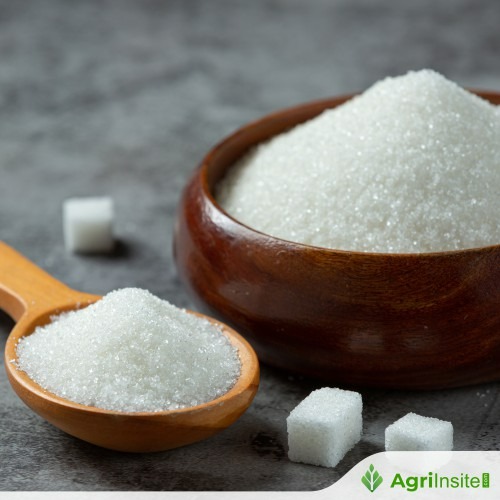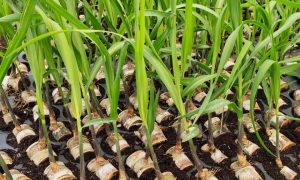Farmers reject Kenya Association of Manufacturers push to scrap sugar development levy

Kenyan sugar cane farmers have rejected KAM’s push to exempt industrial sugar importers from the 4% Sugar Development Levy, calling it illegal and harmful to sector reforms. They argue past exemptions hurt cane development and farmers, urging Parliament to protect the levy as vital funding for industry recovery and sustainability.
Sugar cane farmers have rejected a proposal by the Kenya Association of Manufacturers seeking to exempt exporters and manufacturers importing white refined industrial sugar from paying the four per cent Sugar Development Levy.
In a statement through the Sugar Campaign for Change (Sucam), farmers described the proposal as “misguided, legally unfounded, and harmful” to ongoing reforms, warning that it would weaken the sector and threaten thousands of livelihoods.
Sucam coordinator Michael Arum said KAM is free to pursue its members’ interests, but insisted the proposal lacks legal basis and poses serious economic risks to the sugar industry and smallholder farmers.
Arum said the Sugar Act, 2024, is explicit on the application of the levy, with no room for exemptions.
“Section 40 of the Act requires a levy on domestic sugar and an equivalent four per cent of the CIF value on imported sugar. There is no provision for exempting exporters or industrial users,” he said.
Farmers argue that KAM’s latest push mirrors efforts seen in 2006 and 2007, when exemptions and a reduction of the levy from 7 per cent to 4 per cent were introduced.
According to Sucam, those changes neither lowered retail prices of sugar-based products nor benefited consumers, and they did not improve farmer welfare. Instead, they depleted the SDL fund and crippled cane development programmes.
Sucam said earlier calls to slash the levy from four per cent to two per cent also originated from similar commercial interests, despite cane shortages being the industry’s biggest challenge.
The group said such proposals do little to improve competitiveness and instead deprive the sector of essential financing for cane development, factory upgrades and long-term reforms.
“Reducing or scrapping the levy only benefits a small group of industrial players at the expense of thousands of poor farmers,” Arum said, warning that weakening the SDL would destabilise the economic backbone of the sugar belt.
Farmers are now urging Parliament, policymakers and the Ministry of Agriculture to reject KAM’s proposal and safeguard the future of the sugar industry.
Sucam maintains that the SDL remains the most reliable and predictable source of funding for industry recovery and sustainable growth.
Instant analysis
The clash between sugar cane farmers and KAM exposes a deepening tension over who should bear the cost of sustaining Kenya’s struggling sugar industry. Farmers view the four per cent levy as a lifeline for cane development and factory rehabilitation, while manufacturers frame it as a barrier to competitiveness. By seeking exemptions, KAM appears to prioritise industrial profit margins over sector-wide recovery, reviving fears of past policies that weakened the SDL and hurt growers. With cane shortages still acute, any dilution of the levy risks undermining reform momentum. Parliament’s response will signal whose interests ultimately carry more weight.
To Read more about Sugar Industry continue reading Agriinsite.com
Source : The Star














